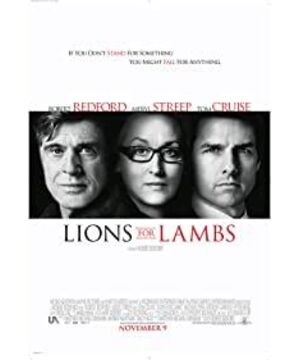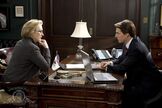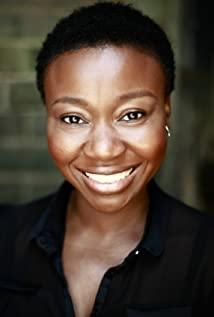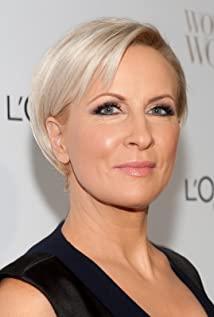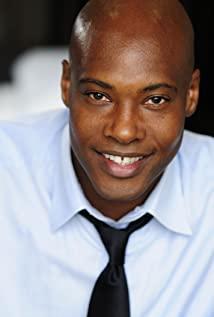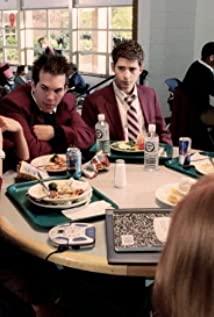It's my love,, you know, after watching it, my biggest thought is that if I can teach in college in the future, then I will play this movie in the first class.
Yes, not to mention the story itself, I can give five points for this theme and feeling. The theme is: I just realized that since I started watching movies, I have really watched a lot of subjects. Science fiction films have opened my mind, romance films have enriched my view of love, and inspirational films have given people the power to forge ahead... But I hardly I have seen political films, political films related to my major. The feeling is: you show this to me as a freshman, I must be excited, but now I am a senior, so what? I'm still excited about this, and I know I can make more realistic choices now. The film begins neatly divided into three stories: a conversation between a gifted student and a teacher, an interview with a Republican senator and reporter, and the experiences of two soldiers in America's new strategy for Afghanistan. As the story unfolds, the connection between the three things gradually emerges... (This design is also very lovely. When I was a child, I fantasized about making a TV series, that is, making a story of two unrelated people, and then they wiped at the end of the finale. A senator is a typical (even too typical) politician who does not know the hardships of the world, and pursues a new war policy for his career. The reporter is the kind of reporter with a conscience. She is reluctant to blindly report the stories told by the government. Instead, she interrupts the senator over and over again when he is talking, and shows him the blood and tears of the past. But - "Since when did you confuse public opinion and truth?" "We are grasshoppers on a skipping rope", politics and media, they are both enemies and friends, they stare at each other vigilantly, Also work together to reverse black and white. No one can get away with a protracted error.
In the part of the two soldiers, the dialogue density is the lowest, the amount of information is the least, but the emotion is the most abundant (simply put, I was crying). If the other two conversations are reasoned, then this is knowing affection. The two children whose hometown was abandoned by the United States resolutely took up the gun to defend the United States. They wanted to participate in the torrent of history and define their own lives. But ah, the war will not let them go because they have a bright future and blood.
Finally, talk to teachers and students. The teacher believes that the student is gifted, but the student thinks that he has seen through the hypocrisy of politics and wants to give up the study of politics. Not exactly. What he gave up was not just his schoolwork, but his sense of participation in the country and his hope that he could make the world a little better. He decided to choose the kind of life just for himself. I have to say it's so fucking realistic, why isn't that the case with Chinese universities? I still remember Liu Zhenshan often said that what they talk about in college nights is domestic and foreign politics, but what are we talking about? It's boys, dates and nice clothes. This is of course a change in the times, and it is not good or bad, but there is a direction in the movie.
In the end, the reporter chose to compromise with reality and report on a new strategy. The war also took away the lives of two young people. It seems that the world has not changed at all. Sacrifice, the media is still whitewashing peace...but what about our young college students? He hasn't made a choice, what choice will he make? How will the future of the country be determined? I just feel like this is a torture of me - a torture of our souls, as if the director is standing in front of me, looking directly at me with a pair of sharp eyes: what will you decide?
View more about Lions for Lambs reviews


